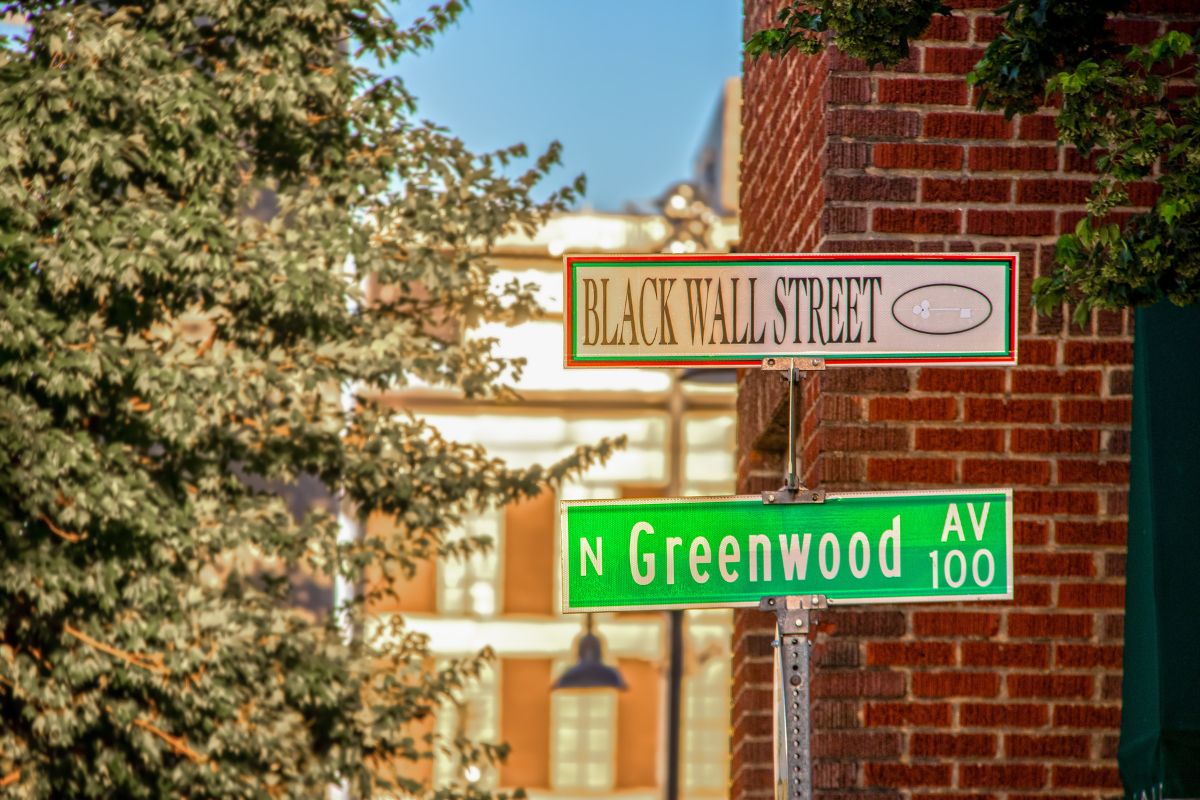The U.S. Senate is considering a bipartisan bill to grant national monument status to Tulsa’s Greenwood District. The significant site is famously, and more commonly, known as Black Wall Street. This step aims to honor and preserve the history of one of the most prosperous African American communities in the early 20th century, tragically destroyed during the 1921 Tulsa Race Massacre.
Greenwood, Oklahoma was a thriving economic and cultural hub for Black Americans in the early 1900s. The district housed several Black-owned businesses, including banks, hotels, cafes, and theaters. However, this prosperity was abruptly shattered in 1921 when a white mob attacked the community. The attack resulted in the death of an estimated 300 Black residents and the destruction of countless homes and businesses.
The Push for Black Wall Street’s National Recognition
Senators Cory Booker and James Lankford have introduced Senate Bill 3543, which seeks to designate Greenwood as a national monument. The movement for national recognition has gained momentum thanks to the advocacy of Tulsa Race Massacre descendants and community leaders. Tiffany Crutcher, head of the Terence Crutcher Foundation, and Reuben Gant, executive director of the John Hope Franklin Center for Reconciliation, have been at the forefront. They continue to meet with lawmakers and submit written testimonies to the congressional record.
ABC News reports that the Historic Greenwood District Black Wall Street National Monument Coalition has emphasized the critical need for this designation. They argue that it would preserve Greenwood’s heritage, providing a platform for education about the massacre and its lasting impact.
“May 31, 2024 marks 103 years since the start of a ruthless effort to wipe Black Wall Street off the map — and a state-sponsored campaign to erase it from America’s memory,” the coalition stated.
The Emotional Appeal
Adding a profoundly personal dimension to the advocacy efforts are the last two living survivors of the massacre, Viola Fletcher, 110, and Lessie Benningfield Randle, 109. Their presence and testimonies add a sense of urgency to the call for national recognition. The coalition stressed, “Fortunately, there are still massacre survivors who are alive and eager to witness Congress take a historic step toward making the Greenwood community whole. But we’re running out of time.”
If passed, the bill will ensure that the National Park Service supports preserving and interpreting Greenwood’s history for future generations. It represents both a tribute to the past and commitment to educating about the resilience and contributions of Black Americans.





